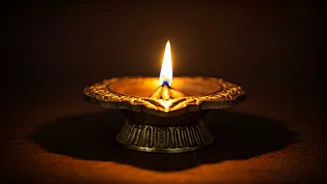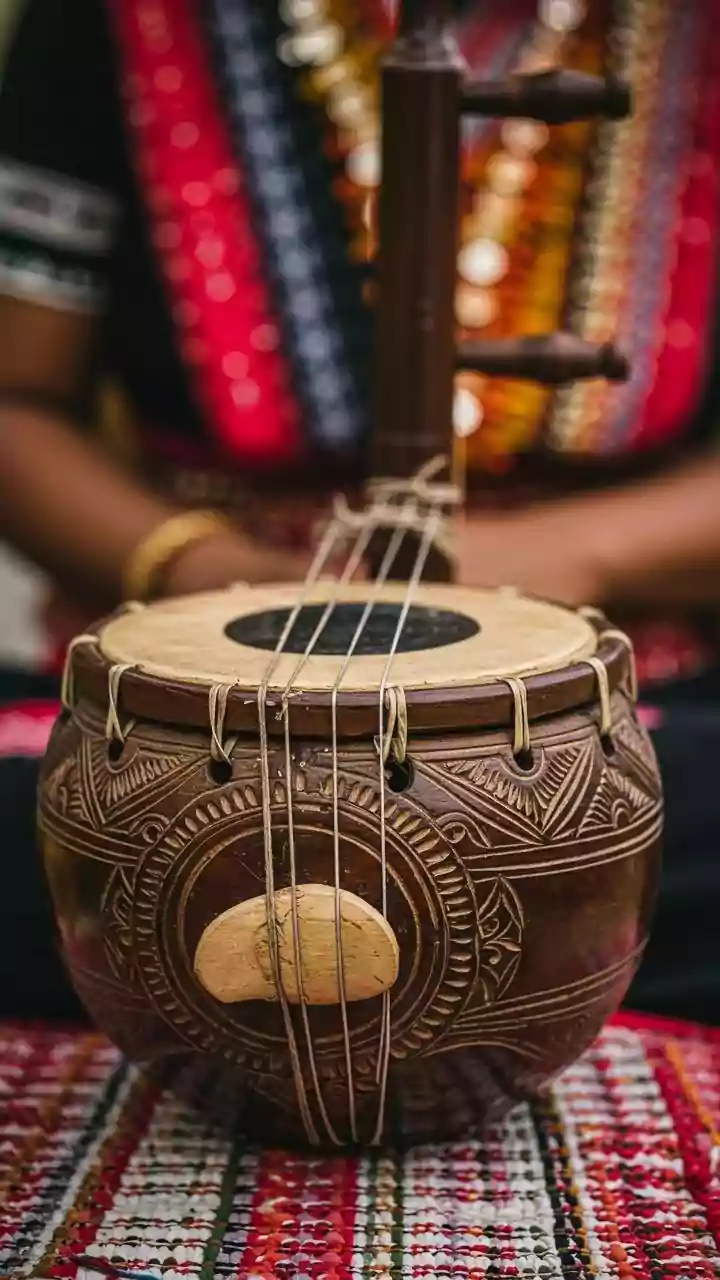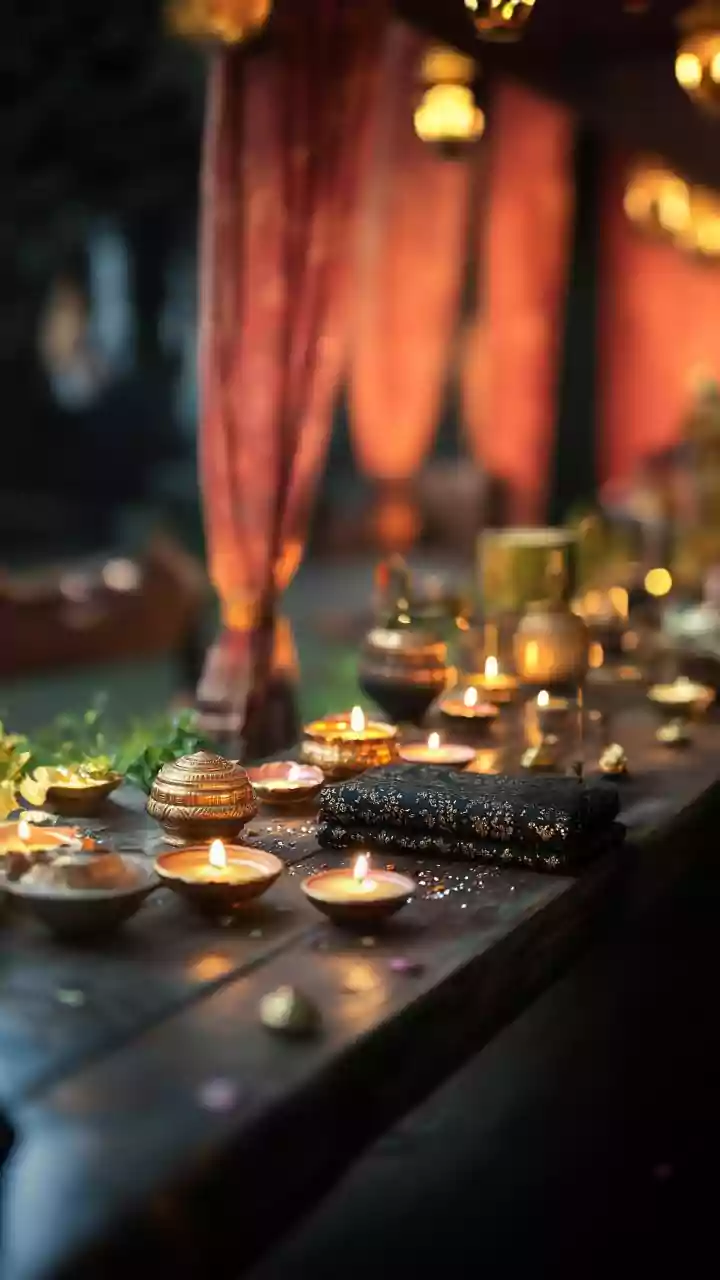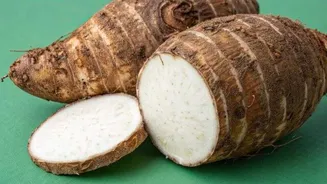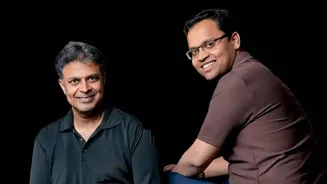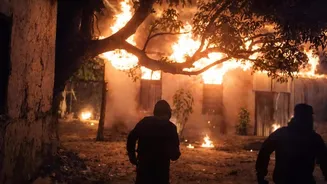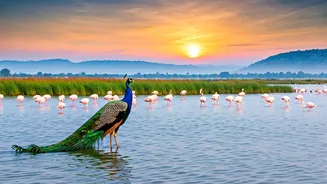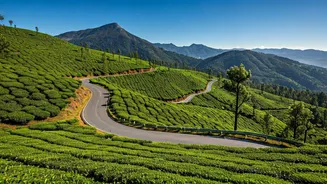Diwali Date Uncertainty
The exact date of Diwali varies each year based on the Hindu lunar calendar, causing some speculation. For Diwali 2025, there's discussion about whether
the festival falls on October 20 or October 21. This variance stems from the way the lunar cycle interacts with the Gregorian calendar, influencing the timing of religious festivals. Determining the precise date relies on calculations that take into account the position of the moon and sun, impacting when specific rituals and celebrations begin. Therefore, the precise date is important for scheduling and planning the various activities associated with Diwali.
Origins and Mythology
Diwali, or Deepavali, is rooted in several ancient Hindu myths. The most widely recognized narrative recounts the homecoming of Lord Rama, along with his wife Sita and brother Lakshmana, to Ayodhya after fourteen years of exile and his victory over Ravana. As the trio returned, the people of Ayodhya lit up the path with lamps, symbolizing the triumph of light over darkness and good over evil. The festival is also associated with the story of Lord Krishna defeating the demon Narakasura. The victory is celebrated through the lighting of lamps and the distribution of sweets, each action reinforcing the festival's message of positivity. Additionally, the festival honors Lakshmi, the goddess of wealth and prosperity, and marks the beginning of a new financial year for many. These various stories highlight the significance and spiritual depth behind Diwali celebrations.
Rituals and Customs
Diwali is marked by several significant rituals and customs. People often start by thoroughly cleaning their homes and decorating them with colorful rangoli patterns made from colored powders and flowers, inviting the goddess Lakshmi. Homes are adorned with diyas (small lamps) and string lights, which symbolize the dispelling of darkness and welcoming of prosperity. During the festival, families perform Lakshmi Puja, a prayer dedicated to the goddess, seeking her blessings for wealth and good fortune. Furthermore, the exchange of gifts, sweets, and greetings among family and friends is a central part of Diwali, fostering community bonds. Fireworks are another popular aspect, adding to the festive atmosphere, but they should be used safely to avoid accidents.
Festive Food Delights
Food plays a crucial role in Diwali celebrations, with various traditional dishes being prepared and enjoyed during the festival. Sweets such as ladoos, barfis, and gulab jamun are common, offered as prasad and distributed among loved ones. Savory snacks like samosas, pakoras, and sev also feature prominently. Each region and family has its own unique culinary traditions, enriching the diversity of Diwali. Food preparation and sharing emphasize the spirit of togetherness and community during Diwali. Feasts serve not only as a means to satisfy hunger, but as a symbolic expression of joy and prosperity during this auspicious time.
Diwali Shopping and Dress
Diwali is a time for shopping and dressing up in new clothes. People often purchase gifts for family and friends, including sweets, clothing, and household items. Markets and shopping areas are crowded with shoppers looking for the perfect presents, decorations, and festive attire. New clothes, especially traditional outfits such as sarees, lehengas, and kurtas, are worn during the celebrations. The variety and vibrancy of clothing styles reflect the rich cultural heritage of India, with different regions showcasing their unique designs and colors. Shopping is not only a practical activity but also a way of joining in the festive spirit, contributing to the excitement that surrounds Diwali.
Beyond the Celebrations
Diwali is more than just a festival; it's a time for reflection and renewal. Many people take this opportunity to clear out old things and start fresh, both in their homes and lives. There's an emphasis on resolving old conflicts and fostering stronger relationships with family and friends. For businesses, Diwali marks the beginning of a new financial year, often involving the opening of new account books and the settling of debts. Charity and acts of kindness are also common during Diwali, with people donating to those in need, emphasizing the spirit of sharing and compassion. This multifaceted approach illustrates the lasting importance of Diwali beyond mere festivities.
